Types of courts in Nigeria and their functions explained
The Judiciary is one of the three arms of the Nigerian government. It is mandated to adjudicate disputes arising between individuals, governments and corporate entities in their inter-relationships within or outside the country under the law. There are different types of courts in Nigeria, all part of the country's Judiciary. The courts exist in a hierarchical order, with those on top being superior to the ones below.
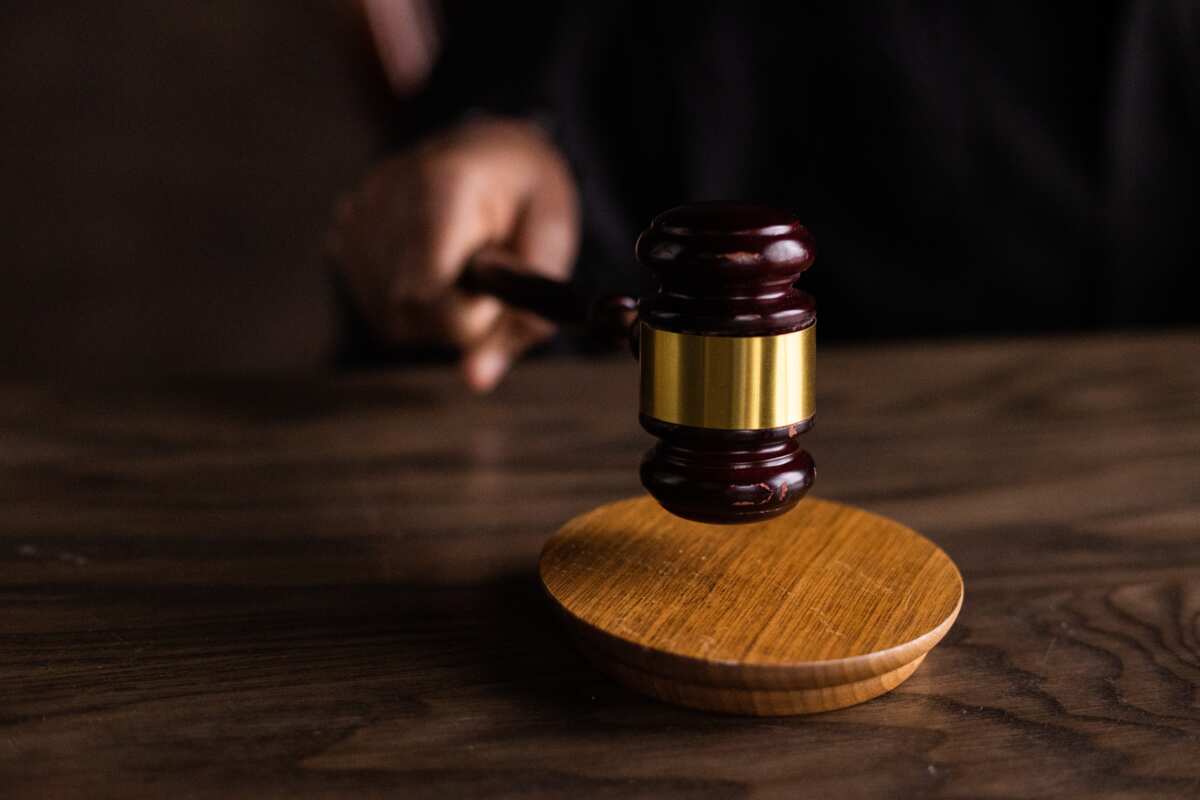
Like in other counties, the Nigerian judicial system is made up of a network of appellate and original jurisdiction courts and tribunals, all with varying jurisdictions. What are the 9 types of courts in Nigeria?
Types of courts in Nigeria and their functions
Here is a look at the different types of courts and their functions in the Nigerian judicial system.
The Supreme Court
This is the highest judicial body in the hierarchy of courts in Nigeria. The Supreme Court of Nigeria is provided for under Section 230 of the country's 1999 constitution. The court's jurisdiction is the highest in the country, and its decisions cannot be appealed.
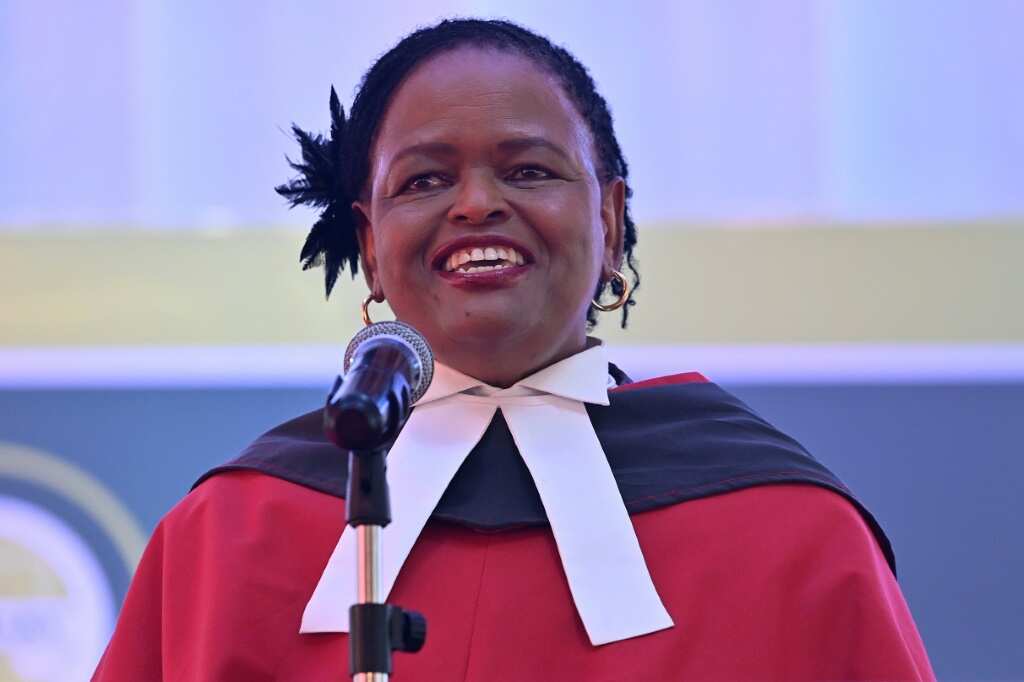
Read also
Kenya's supreme court at the heart of election dispute
The supreme judicial body was established in 1963 when Nigeria became a republic. The Supreme Court is the only body that can hear appeals from the Court of Appeal. Additionally, the court has jurisdiction over all federal and state courts in Nigeria.
The Supreme Court is in Abuja, the Federal Capital Territory. It comprises the country's Chief Justice and an additional 21 justices of the Supreme Court appointed by the President and confirmed by the Senate.
Every serving member of this judicial body is given a mandatory retirement once they are 70 years of age. Here is a look at the Supreme Court's functions.
- It functions primarily as an appellate judicial body.
- It is the body that interprets the constitution and laws of the land.
- It is the court of last resort in Nigeria. This means that the judicial body serves as the final court of appeal.
- It plays an advisory role to the executive arm of government.
- It settles any dispute arising between state vs federal government or state vs state.
- It's the guardian of the country's constitution.
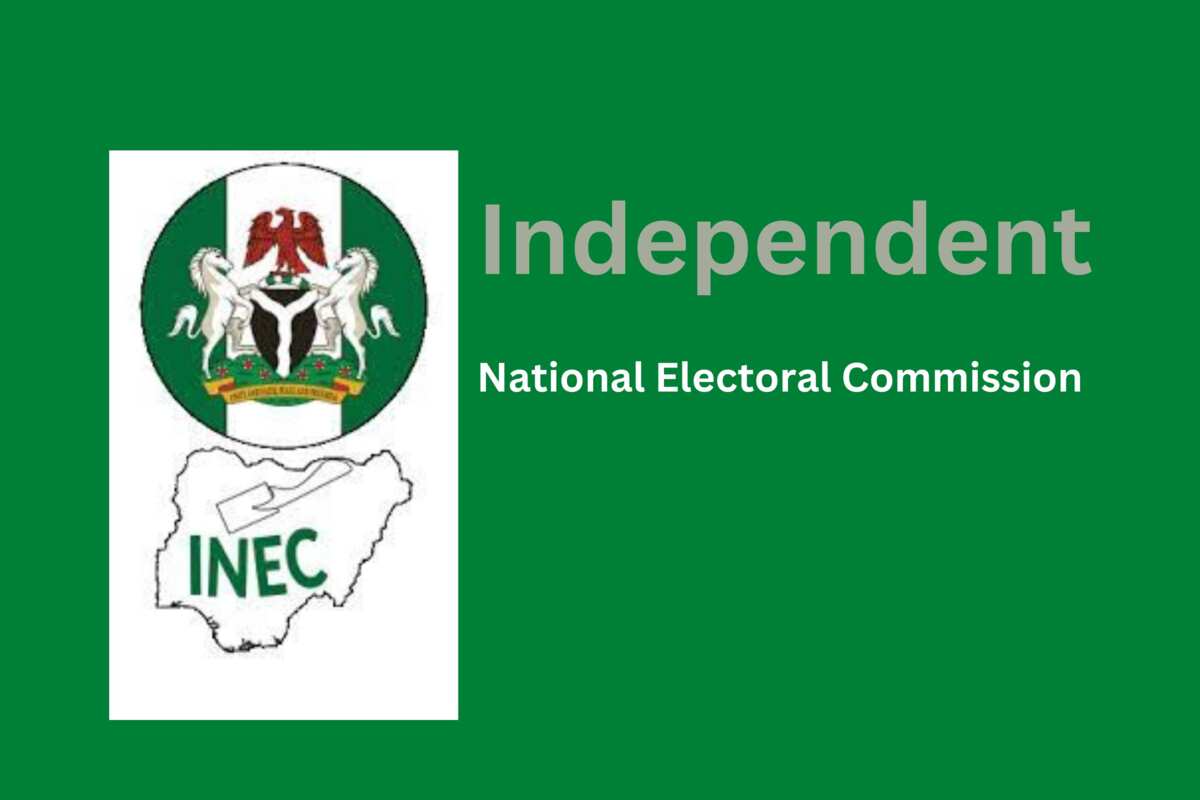
Read also
History of INEC in Nigeria: interesting facts you should know
The Court of Appeal

The Court of Appeal is the second highest-ranking judicial body in Nigeria. 72 Courts of Appeal in Nigeria are spread across the six geopolitical zones (South, South-East, South-West, Northcentral, North East, and North West).
The body's primary jurisdiction is to hear and determine all disputes related to the vacancy of office, election, and terms of office of the President, deputy president, governors, and deputy governors. However, it also serves other functions.
The Court of Appeal is provided for under Section 233 of the country's constitution. It is comprised of the President of the Court of Appeal and any number of justices not less than 49 and among which three must be conversant in Islamic law and three in customary law.
The judicial body does not determine original issues. Instead, it examines how matters have been handled by other trial courts to ensure that proper procedures were followed. The Court of Appeal is in the Three Arms Zone in Abuja.

Read also
Establishment of CBN: top facts to know
Here is a look at this judicial body's other functions.
- It has the power to determine the results of presidential and gubernatorial elections as well as the office holders' terms in office.
- It hears and determines appeals from the district courts.
- It is the intermediate appellate judicial body in the country's justice system.
Federal High Court
The Federal High Court is the third-ranking judicial body in Nigeria. It is presided over by a Chief Judge and several judges as may be determined by the National Assembly. Federal High Courts can be found in more than 15 states in the country.
The Federal High Court was created under Section 249 of the constitution. It has original jurisdiction over civil cases related to the revenue of the Federal Government of Nigeria. Such cases include admiralty, copyright, banking, excise duties, customs, and taxation.
Here is a look at some other matters that these judicial bodies in Nigeria handle.
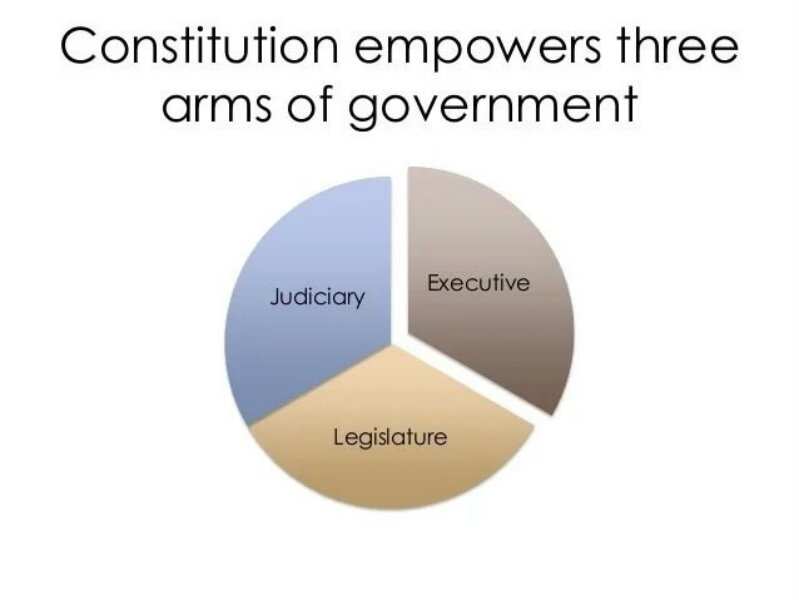
Read also
Functions of government at different levels
- Arms, ammunition, and explosives
- Aviation and safety of aircraft
- Bankruptcy and insolvency
- Poisons
- Mines and minerals (including Oil fields, Oil mining, geological surveys and natural gas)
- Weights and measures
State High Court

The State High Court is more like the Federal High Court but at a state level. It is provided for under Section 255 of the country's constitution. The provision allows for a State High Court in each of the 36 states in the country.
The State High Court is presided over by a Chief Judge and a number of judges determined by the National Assembly or State House of Assembly. The body has the widest jurisdiction of all judicial bodies in Nigeria on matters of civil and criminal law.
Here are the main functions of this judicial body.
- It has the authority to hear and determine criminal and civil matters.
- It is an appellate body for all subordinate judicial bodies.
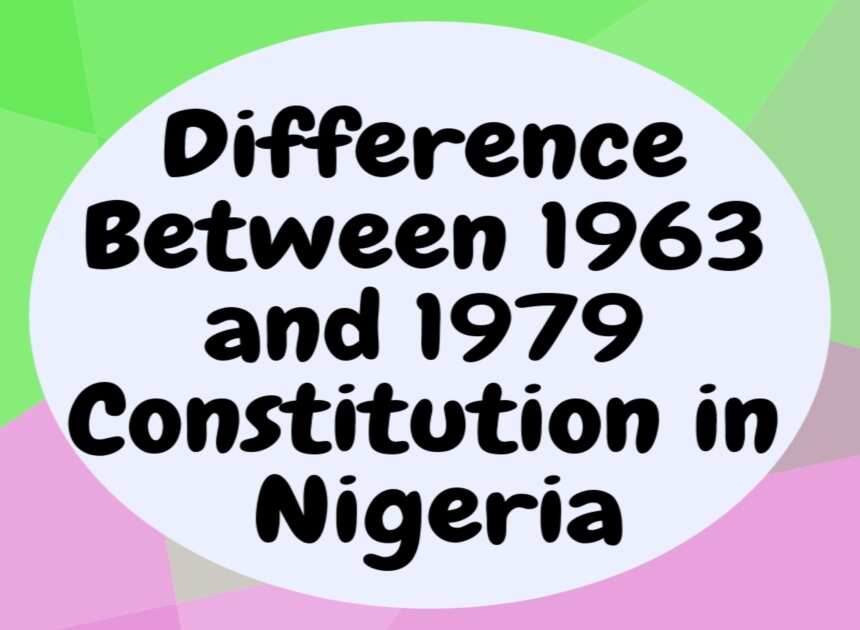
Read also
Difference between the Constitution in 1963 and 1979 in Nigeria
National Industrial Court (NIC)
This type of court in Nigeria is provided for under Section 254A of the 1999 Constitution of the Federal Republic of Nigeria. It is ranked fifth in the list of courts in Nigeria. The National Industrial Court has exclusive jurisdiction over all industrial disputes listed below.
- Factory Law
- Labour practices
- Trade Disputes Law
- Trade Union Law
- Workers' Compensation Law
Additionally, the judicial body also hears and determines appeals from industrial arbitration panels and other bodies that handle employment matters. The body was established in 1976 with the primary aim of settling disputes between trade unions and trade unions, trade unions and workers, workers and workers, and workers and employers.
The NIC has all powers of a State High Court as well as appellate jurisdiction. It is headquartered at 11, New Bussa Close, Area 3, Garki, with several branches in different states across the country.
The Sharia Court of Appeal

Read also
Top Functions and Duties of Nigerian Armed Forces
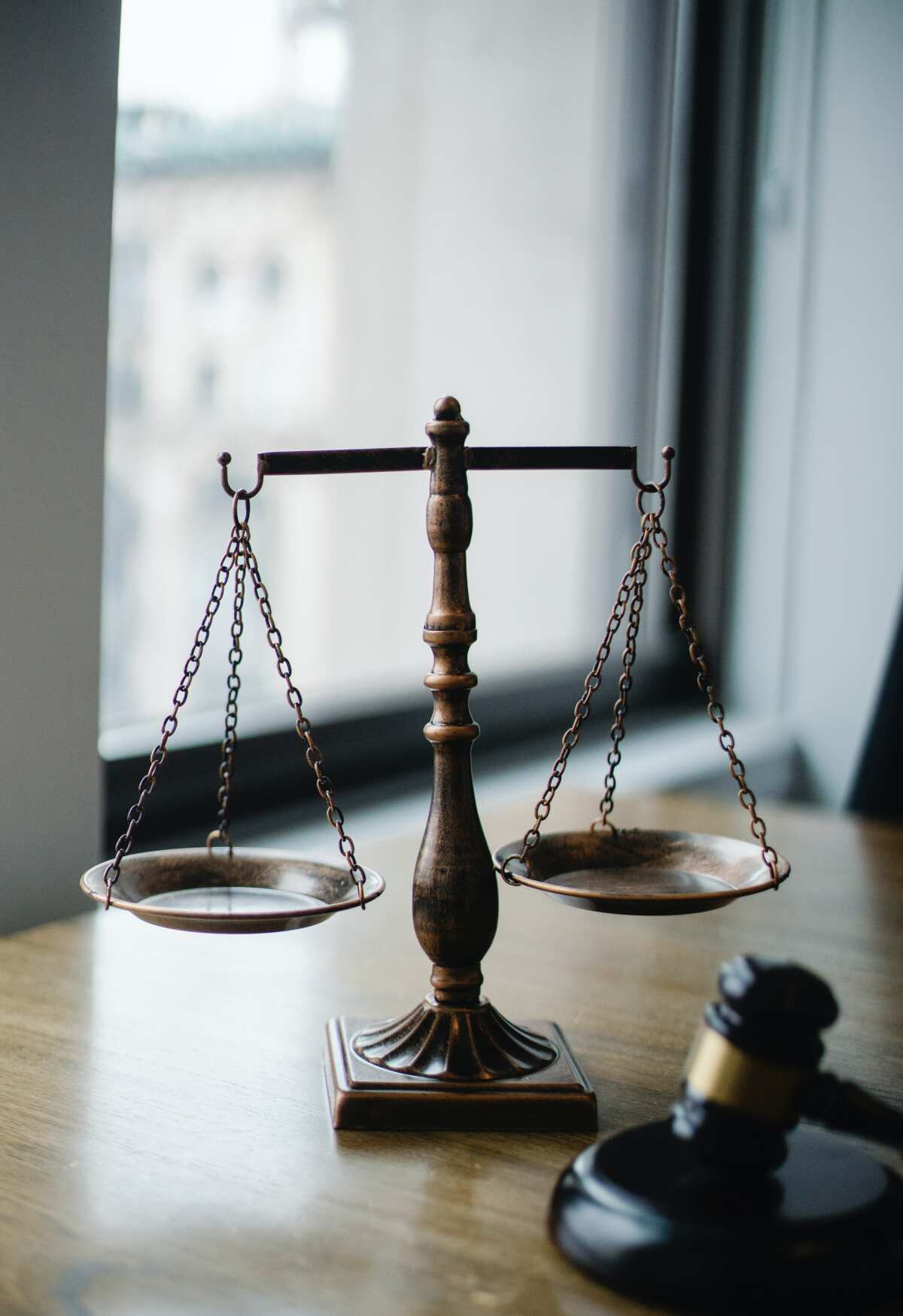
This judicial body is provided for under Section 277 of the 1999 Constitution of the Federal Republic of Nigeria. It reviews cases involving the application of Sharia law, particularly in the northern areas of the country.
The Sharia Court of Appeal is among the constituent judicial bodies of the unified justice system of North-East Nigeria. This is the region in which Sharia law is widely practised.
The judicial body is presided over by a Grand Kadi and other Kadis. Here is a look at its primary functions.
- It handles Islamic litigation cases, especially those involving the poor.
- It interprets Islamic customary laws.
- Reviewing cases relating to Sharia and Islamic personal law.
Customary Court of Appeal
This body is presided by the President of the Customary Court of Appeal and is constituted of any number of judges as may be determined by the National Assembly. The body is provided for under Section 265 of the 1999 Constitution of the Federal Republic of Nigeria.
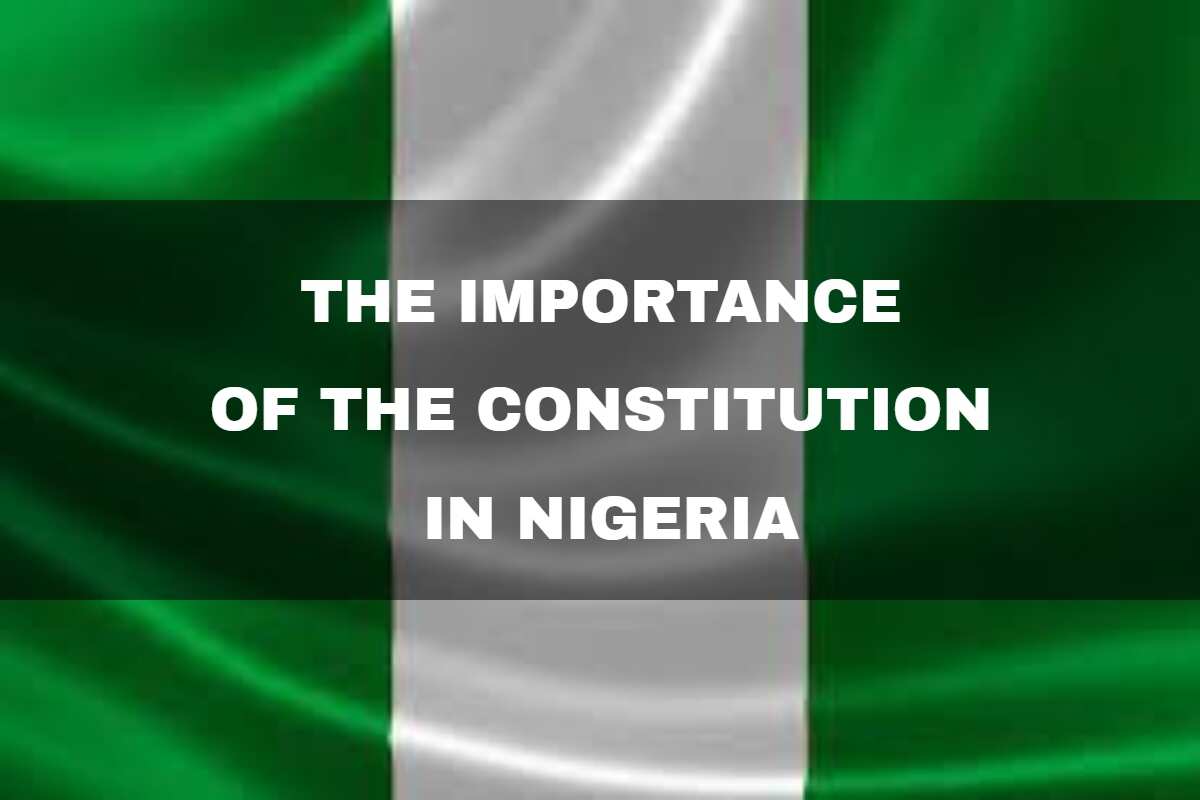
Read also
What is the importance of the constitution in Nigeria? Be in the know
This judicial body exercises appellate and supervisory jurisdiction over civil cases pertaining to customary law. It hears and determines appeals with questions arising from subordinate customary judicial bodies' interpretation or application of customary laws.
The Magistrate or District Courts
The magistrate court in Nigeria is the only one on the list not provided for under the 1999 Constitution. It is established by the House of Assembly and functions primarily as a judicial body of summary judgment. This means that all decisions in this particular judicial body are summarily determined.
Both Magistrate and District courts refer to the same body only that the former term is widely used in Southern Nigeria while the latter is used in the northern parts of the country. This body is engaged in matters relating to civil law, with each region having slightly different rules.
Special courts in Nigeria

Besides the eight main courts listed above, there are special judicial bodies in the country known as tribunals. Generally, a tribunal is a special judicial body created to settle disputes arising from a specific area of the law. Here is a look at the current tribunals in Nigeria.

Read also
Top 10 functions of the Nigerian Police Force and brief history
Code of Conduct Tribunal
This tribunal was established under Chapter C15 of the Code of Conduct Bureau Act. It consists of the Tribunal's Chairperson, vice chair, and other members as may be appointed by the President upon recommendation by the National Judicial Council.
The tribunal has powers to try those holding public offices in case they breach the provisions outlined by the Code of Conduct Bureau and Tribunal Act. Additionally, the body can impose any of the punishments outlined below.
- Disqualifying a member from holding any public office for a period not exceeding ten years.
- Seizing any property acquired as a result of corruption or abuse of power and forfeiting the same to the state.
- Vacating a public officer from office or legislative house.
Appeals from the Code of Conduct Tribunal can be heard and determined by the country's Court of Appeal. Additionally, the decision of this tribunal does not shield the accused from having criminal charges preferred against them.
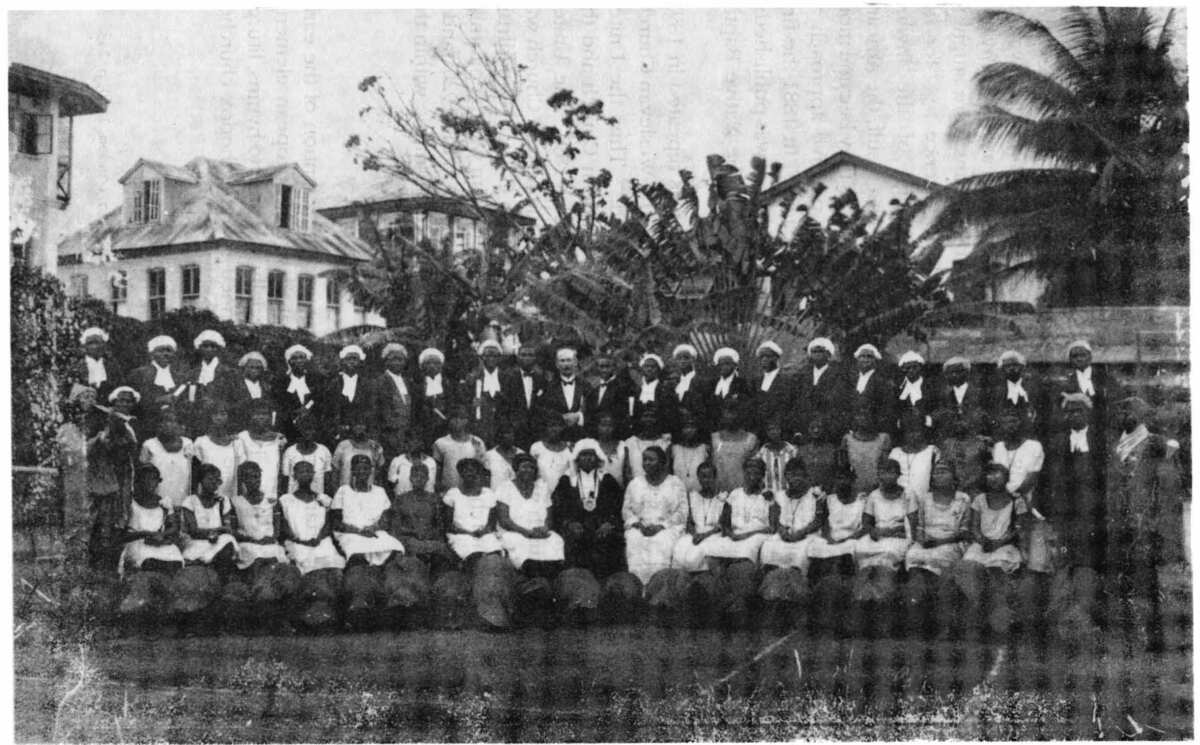
Read also
10 important Nigerian historical facts every citizen should know
Election Tribunal
The election tribunal is a national electoral judicial body and is usually constituted by members of the Supreme Court and the Court of Appeal. It is divided into several sub-tribunals.
- National Assembly Election Tribunal: This one hears and determines petitions involving the election of members of the House of Representatives and the Senate.
- Governor and Legislative Electoral Tribunal: This one hears and determines petitions involving the election of governors and state legislators.
- Presidential Election Tribunal: This one was created to determine election petitions arising from any presidential election. According to the country's constitution, the tribunal can only consist of Court of Appeal justices.
How many Courts of Appeal do we have in Nigeria?
There is only one Court of Appeal. However, it has 72 divisions spread across the 36 states in all six geopolitical zones.
Which is the highest court in Nigeria?
The Supreme Court of Nigeria is the highest court of the land. It consists of the Chief Justice of Nigeria and several Justices of the Supreme Court, not exceeding twenty-one, as may be prescribed by an Act of the National Assembly.
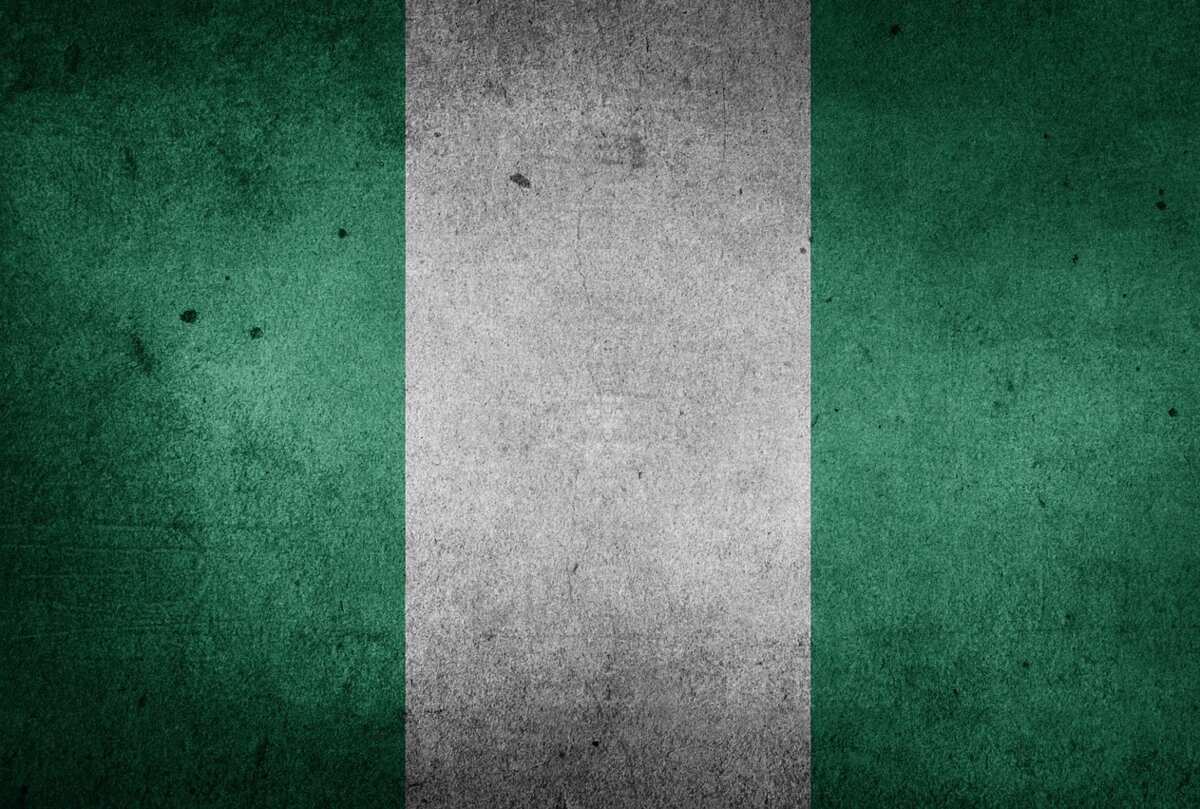
Read also
How many states are in Nigeria? Know the states and their capitals
How many state law courts do we have in Nigeria?
There are 36 state high courts in the country, one in each state.
What are the 3 types of courts?
Basic distinctions can be made between appellate and trial courts, criminal and civil courts, and between courts of general jurisdiction and those with limited jurisdiction.
Who is the Chief Justice of Nigeria?
The current Chief Justice is Olukayode Ariwoola. He was appointed on 27 June 2022 after the resignation of the former Chief Justice Tanko Muhammad.
The different types of courts in Nigeria serve various functions and are bestowed with different original, appellate and supervisory jurisdictions. Like in most other countries, these judicial bodies make up the Judiciary, the body responsible for settling disputes in accordance with the country's laws.
READ ALSO: What are the 10 economic problems that Nigeria is facing?
Legit.ng recently explored the main economic problems plaguing Nigeria. Like other middle-income countries with emerging markets, the country has witnessed gradual expansion in communication, technology, finance, manufacturing, and service sectors.

Read also
Why do we celebrate Democracy Day Nigeria?
However, problems such as poor health facilities, high levels of crime, unemployment, and corruption continue to be pressing issues in the country's economy.
Source: Legit.ng
ncG1vNJzZmivp6x7rbHGoqtnppdkfnJ%2FkG1vcWWkrr2mv4ycpq6qpGK7qrPEq6CaZZaqu6TAyKilrGaYqbqt